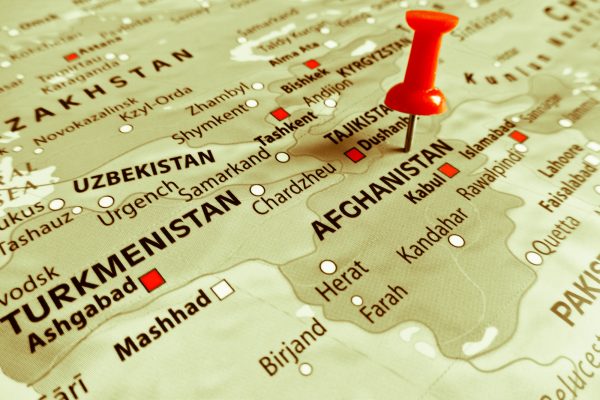China hesitant to further invest in Afghanistan
Kabul, Afghanistan:
William A, writing in Afghan Diaspora Network (ADN) said that lack of international recognition has added to Chinese reluctance to fund Afghanistan infrastructure projects.
Last year, China made several efforts to persuade several countries to recognise the Taliban but in absence of recognition, China would prefer to maintain its distance from the Taliban.
The fear of political uncertainty stems from whether the Taliban can hold on to power and gain international recognition as the lawful government of Afghanistan, say experts on Sino-Afghan affairs.
China faces threats from the East Turkistan Islamic Movement, a group that seeks to liberate Xinjiang Province and the Uyghur people from Chinese government control and impose an Islamic ideology, said William.
Foreign Minister Wang Yi had told the Taliban delegation in China last July to “draw the line” with terrorist organisations including the East Turkestan Islamic Movement, which he described as a “direct threat to China’s national security and territorial integrity”.
Beijing has long accused ETIM of promoting Uygur separatism in Xinjiang. Wang had pressed the issue repeatedly in diplomatic meetings and dialogues with his Taliban counterpart.
But repeated bombings in Afghanistan claimed by Islamic State Khorasan, an ISIS affiliate that is hostile towards the Afghan Taliban because of sectarian differences, have raised questions over whether the Taliban is capable of providing security.
So, the conflict in Afghanistan and the activities of ETIM have discouraged Chinese firms from extending Belt and Road Initiative projects, such as the China-Pakistan Economic Corridor and the Five Nations Railway Corridor, to Afghanistan feel experts, said William.
The withdrawal of the US from Afghanistan in August 2021 and the Taliban assuming power in Afghanistan led to new opportunities for regional powers and Afghanistan’s neighbours to have more active security strategies in the region, reported ADN.
China grabbed the opportunity and started engaging with the Taliban in August last year. But within a year, it realised the difficulties in engaging with the Taliban and its style of functioning.
After keeping a close watch on the Taliban government for nearly a year, China realised the blunder it made. It also realised that the ambition to wield significant influence in Afghanistan and secure investments in that country would be a risky affair.
Beijing has realised that Afghanistan would continue to remain a risky investment proposition, reported ADN.
Meanwhile, China continues to maintain some investments in Afghanistan, but those projects have been plagued by problems and have mostly been on hold for years.
The most notable of these was the Mes-e Aynak copper mine in Logar Province, a project that was plagued by violence and instability for years.
While the Taliban have been keen to reengage this project, China understands that restarting this project will require security.
However, the ability of the Taliban to provide this, given the growth of Islamic State-Khorasan (IS-K) and growing fissures within the Taliban movement, remains questionable.













